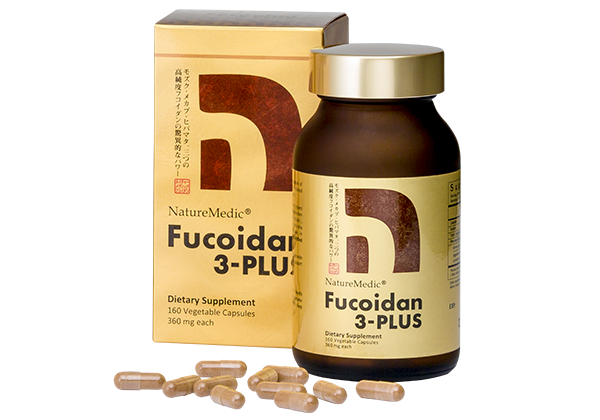
When the doctor mentions “abnormal cells found in the lungs,” it can feel like time suddenly stops. Whether you’re a spouse, a parent, a close friend, or a dedicated caregiver, you’ve probably asked yourself:
“Besides medical treatment, what else can I do to support them?”
This article is written for you.
Common Treatment Options for Lung Abnormalities
Medical approaches to managing abnormal cells in the lungs depend on the location and extent of the condition, as well as the person’s age and overall health. Common treatment options include:
• Surgical removal – often used when the abnormal area is localized and has not spread.
• Radiation therapy – targets and destroys abnormal cells using high-energy rays.
• Targeted therapy and immunotherapy – designed to regulate specific molecules or immune responses.
• Chemotherapy – uses medications to slow the growth or spread of abnormal cells.
Each method comes with its own timing and potential side effects. As a caregiver, your role goes far beyond just “reminding them to take medication.” You’re also their emotional anchor, their first line of observation, and a steady presence on this journey.

Beyond Medical Treatment: 3 Things Caregivers Can Do to Make a Difference
1. Adjust Daily Diets to Support Recovery
Nutrition during treatment doesn’t mean heavy supplements — it means comforting meals that are easy to eat and gentle on the body.
Here are a few helpful directions:
• Keep it light and easy to digest Classic rice porridge (congee) with fish slices, lean meat, tofu, egg drops, or shredded chicken can be soothing and protein-rich.
• Warm soups to soothe the lungs and hydrate the body Gentle, easy-to-digest soups like chicken and vegetable broth, butternut squash soup, or carrot and ginger soup can provide both comfort and hydration. These soups are naturally nourishing, warm the body, and help ease dry throat or coughing—perfect for someone recovering or with low appetite.
• Familiar home-cooked dishes bring comfort Stir-fried cauliflower with shrimp, steamed egg custard, chicken with mushrooms, or stir-fried spinach — these offer fiber, nutrition, and a taste of home.
Tip: Don’t force heavy foods. Familiar, soothing, and easy-to-swallow meals are often the best nutritional support.
2. Don’t Forget to Take Care of Yourself, Too
You’re not a superhero — it’s okay to feel tired.
Try scheduling one “me-time” session a week just for yourself. Whether it’s a walk in the park, a quiet moment at a café, chatting with a friend, or even browsing at the supermarket — these small pauses help you regain energy for the long road ahead.
3. Help Create a Gentle Daily Rhythm for Healing
Routines can help stabilize both the mind and body. Here’s how you can support that:
• Keep consistent wake-up and sleep times
• Avoid sudden temperature changes indoors
• Plan regular mealtimes, rest, and short walks
• If possible, encourage light stretching or movement
A predictable routine can help the body ease into its natural healing mode.

Frequently Asked Questions (FAQ)
Q1: Besides food, are supplements helpful?
Many caregivers choose to add natural supplements to support energy and immunity. Some commonly used options include:
• Fucoidan – A natural polysaccharide from seaweed with anti-inflammatory potential, shown in studies to support immunity and help manage abnormal cells.
• Other popular choices – Probiotics, reishi mushroom, or cordyceps, often used to nourish the body. Always consult a healthcare provider for personalized advice.
Q2: What if they have poor appetite or don’t want to eat?
Try breaking down nutrients into softer forms. Add scrambled eggs, tofu, pumpkin, or chopped veggies into porridge or soup. You can also consider smooth-texture nutritional shakes (such as protein powders) that are easier to digest and absorb.
Q3: Do they need to avoid certain foods?
Opinions on “food restrictions” vary, but the golden rule is comfort over complication. Avoid overly cold, spicy, greasy foods, and listen to how their body reacts. The goal is to nourish, not burden.
To Every Caregiver Supporting a Loved One
You’re not alone.
Your patience, strength, and quiet presence make all the difference. We hope these small suggestions help you find moments of rhythm and rest — because your well-being matters too.
 (852) 5729 0686
(852) 5729 0686 







